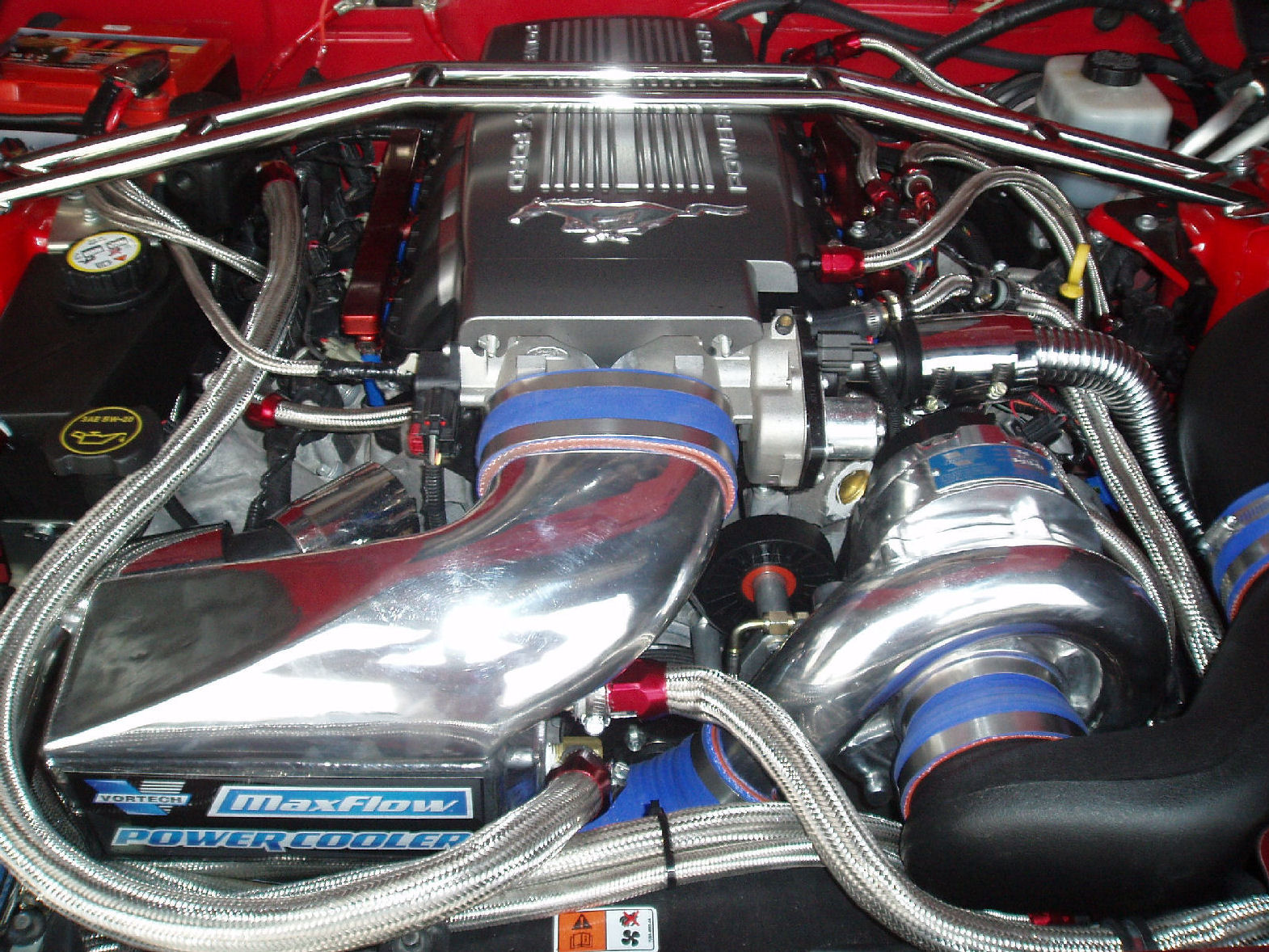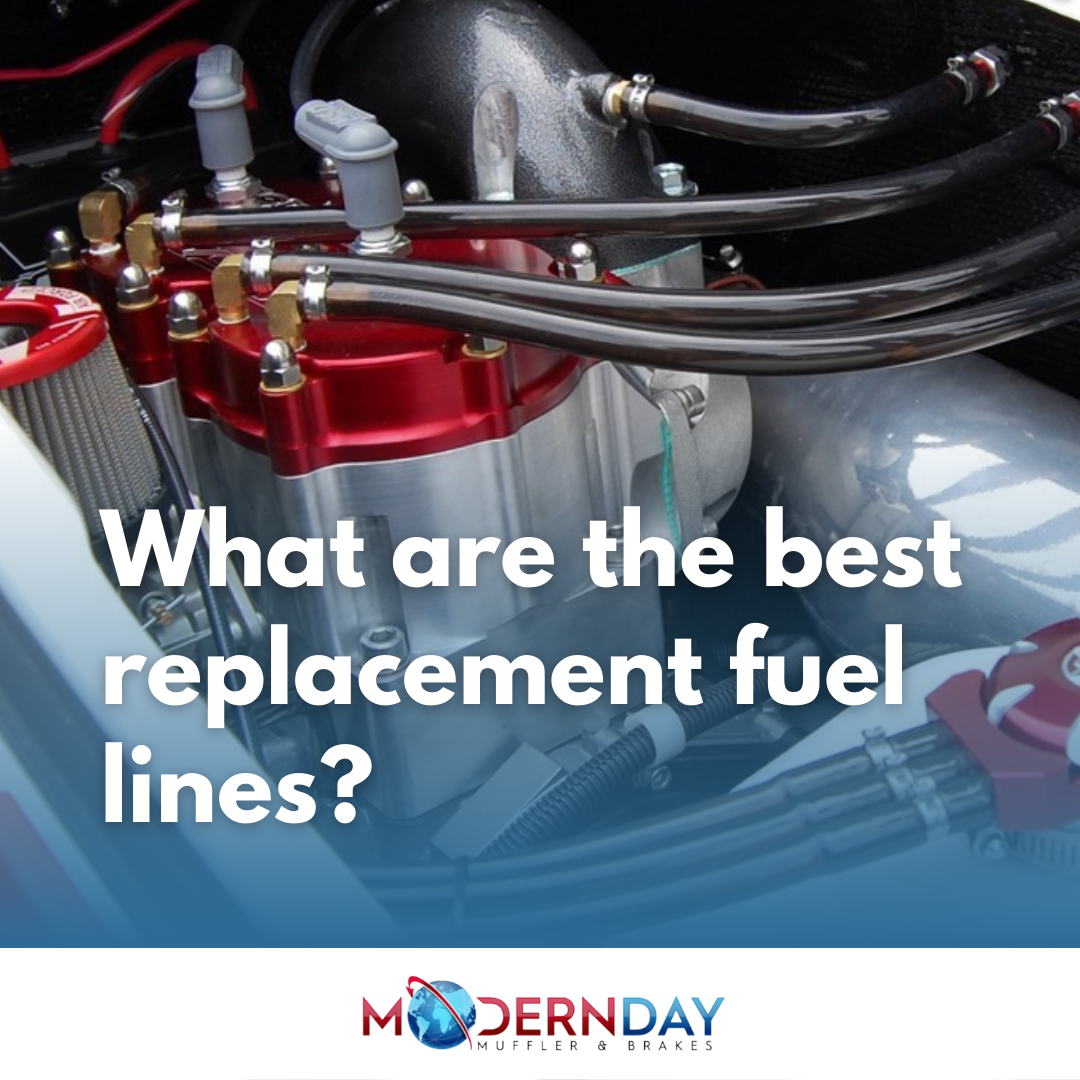What are the best replacement fuel lines?
Savannah Williams | February 1, 2022
So, your car fuel lines are looking worse for wear. Maybe you failed an emissions check, started smelling gas, or found corrosion in an old car’s undercarriage. Leaky, cracked, or corroded lines are no reason to bring your car into the shop though. You don’t need to worry about making your own replacements either. Replacing your fuel lines can be simple as long as you pick the right ones for the job. Here’s a handy guide to the best fuel line options on the market.

OEM fuel lines
Original Equipment Manufacturer (OEM) parts are produced directly by your vehicle’s manufacturer and made specifically to fit your car. OEM fuel lines are the most reliable and guaranteed to match the quality of your original fuel lines. Buying these may seem like a no-brainer, but OEM parts can corrode and break just as easily as any other part. OEM parts will be harder to find if you’re restoring an older vehicle, and the prices will always be higher than aftermarket.
You don’t have to shell out the cash or go hunting for OEM fuel lines. Alternative fuel lines that match or surpass OEM quality are readily available.
Rubber fuel lines
Rubber fuel lines were once the standard for most vehicles. They’re the easiest to cut to the length that your car needs, so installation is simple. Their flexibility is also a plus. If your car started with rubber fuel lines, you might be tempted to go with what you know and use rubber replacements. But when it comes to longevity, rubber isn’t your best bet. The material can rot when exposed to extreme heat, and it will easily rub through. Fuel vapor can escape through the deteriorating walls, and you will end up replacing these car fuel lines more frequently than any other material.
Nylon fuel linesMore modern replacement fuel lines are made of nylon. A nylon fuel line is corrosion-resistant, so it’ll last a lot longer than rubber. They’re the most lightweight and flexible. You have to be careful when installing a nylon fuel line because nylon is very sensitive to tears and abrasions. The lines must be carefully routed to ensure they won’t rub against other parts. Nylon’s poor heat resistance is also a factor—too much heat will cause the fuel lines to dry and crack. Ultimately, nylon offers improvements over rubber but still has significant flaws.
Braided stainless steel fuel linesBraided stainless steel replacement fuel lines offer many of the same advantages as nylon, but without the major drawbacks. Stainless steel is the most durable and corrosion-resistant. It stands up to abrasions and the lines will not tear if rubbed against other equipment. Stainless steel material is not as pliable as nylon, but the braided design of the fuel lines improves the limited flexibility. A braided fuel line has a much higher heat resistance and withstands high-pressure liquid fuel better than any other option. If your fuel lines need replacing, braided stainless steel is the way to go for the best fuel line material.

from Modern Day Muffler
Modern Day Muffler offers braided stainless steel automotive fuel lines based on OEM designs and made with OEM-and-higher quality. Our pre-bent replacement fuel lines include all flare and fitting requirements to ensure an accurate and easy install. Call Modern Day Muffler & Brakes at 330-334-3800 or visit our site at ModernDayMuffler.com for premium auto parts and services.


1 comment
Have 2008 Chevy cobalt LT. What kind of warranty does your fuel lines come with?